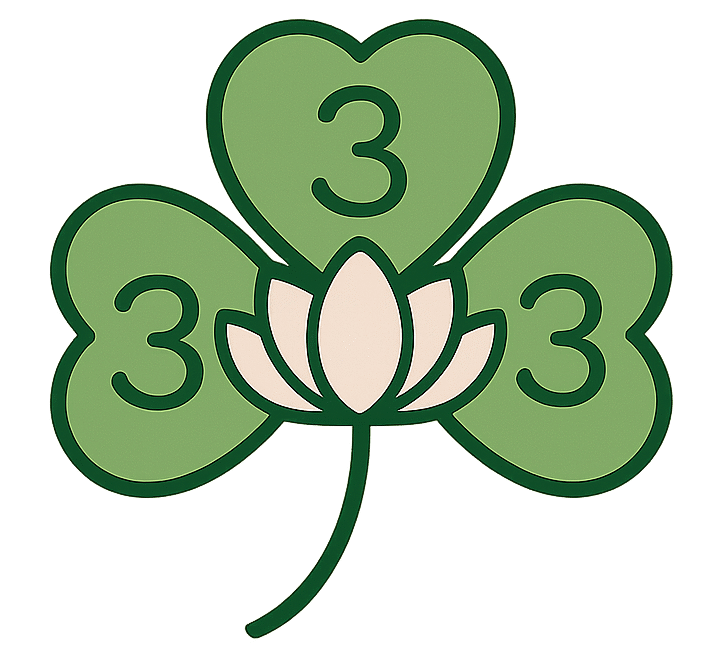Mindful breathing stands as one of the simplest yet most powerful meditation techniques around. At its core, mindful breathing involves focusing your attention solely on the act of breathing, taking each inhale and exhale with intent and awareness. Simply put, it’s about being present and truly noticing each breath.
Mindful breathing can have significant impacts on your stress levels, and there’s science to back it up. By focusing on your breath, you activate the body’s relaxation response, reducing the presence of stress hormones while increasing relaxation-promoting chemicals like endorphins. This physiological shift can lead to a calmer state of mind, an essential counterbalance to the chaos that stress often brings.
Getting started with mindful breathing is simple. First, find a comfortable spot where you won’t be disturbed. You can sit, stand, or even lie down as long as you’re comfortable. Close your eyes and begin to notice your breath. Don’t try to change it. Just observe. As you breathe in through your nose and out through your mouth, focus on the sensation of the air entering and leaving your body. If your mind wanders, gently bring your focus back to your breathing. This practice can start with just a few minutes each day, gradually increasing as you become more comfortable.
Different stress triggers may want different mindful breathing modifications to help cope. Some may benefit from visualizing specific calming imagery while breathing, while others might incorporate soft background music. Tuning the practice to your specific needs means it can be a more effective tool in your stress reduction toolkit.
Many have shared personal stories of how mindful breathing changed their lives. A busy mom found that a few minutes of mindful breathing each morning helped her take on daily challenges with more patience and calm. Another individual, a high-pressure executive, saw marked improvements in focus and anxiety levels.
Consistency is key. Even though it’s easy to do, the benefits of mindful breathing accumulate over time. Making it a daily habit, like brushing your teeth, can yield long-term stress reduction rewards. Set a reminder or pick a regular time each day to practice, whether it’s first thing in the morning or right before bed, embedding it into your routine in a way that feels natural.
If you’re eager to go deeper, there are plenty of resources available to explore. Apps like Headspace or Calm offer guided sessions, while books such as “The Miracle of Mindfulness” by Thich Nhat Hanh provide more in-depth insight. Videos and online courses can also significantly enhance your practice, offering new techniques and guided exercises to improve your understanding of mindful breathing.
